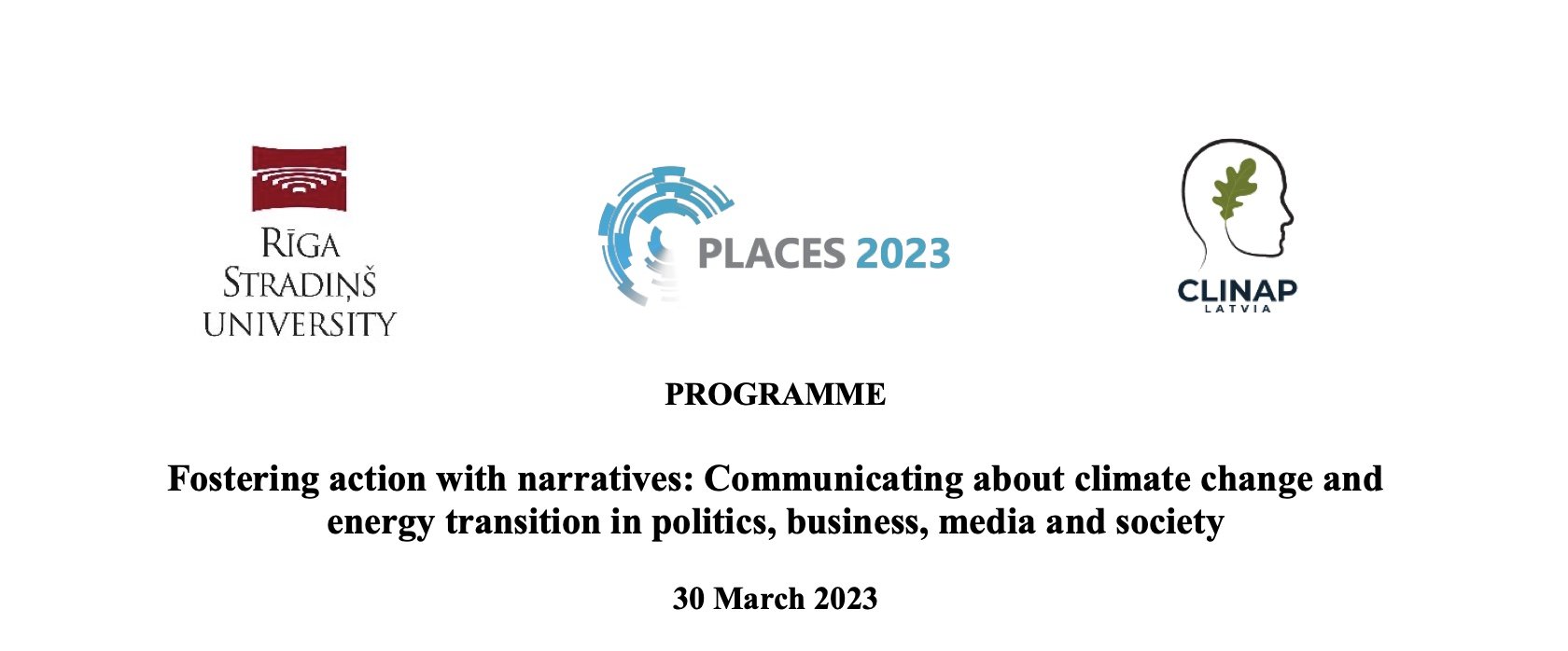What Matters? The Politics of Narrating War
University of Massachusetts Lowell, 17 May 2024
This workshop brings scholars together to investigate how governments generate public support for foreign policy in times of war. We ask scholars to consider a global politics of pluralist concepts and experiences of history, entanglement, identity and other processes, and what contestation this generates about, ultimately, what matters. By this we mean the moral and political imperatives but also, critically, the philosophical conceptions people hold about what “stuff” in the world must be considered to make sense of a war, and what can be ignored.
It begins with the premise that narrations of conflict are not merely representations of the conflict itself, but also ontologically productive. Political leaders and media elites’ narratives create for their audiences novel scientific ontologies—catalogues of substances and processes involved in the situation under investigation. These scientific ontologies serve as mental maps and, in turn, they promote strategic purposes, encouraging certain policy responses and discouraging others. How do political and media actors create such maps for audiences, and does this shape how audiences think of those conflicts and their state’s foreign policies? How do citizens themselves use digital media to piece together what is meaningful about a war – what counts? Following Lerner and O’Loughlin’s recent article in International Studies Quarterly, we refer to these narratives as strategic ontologies. As they are continually narrated, strategic ontologies’ innovations can shape political imaginaries and policy preferences, often enduring beyond the context in which they are originally formulated.
Inspired by this framework, this workshop welcomes both theoretical and empirical contributions relating to the politics of narrating war. How do political and media elites and all other actors – NGOs, citizens, legal bodies, and so on – narrate what matters in a conflict? What impacts do these mental maps or ‘strategic ontologies’ have? Further, what ethical issues are at stake in choosing between alternative narratives of conflict? What do differing narratives highlight and occlude?
The workshop is jointly sponsored by the University of Massachusetts at Lowell, Queen’s University Belfast because of its longstanding research and exchange partnerships with US universities, and the journal Media, War, and Conflict, which has published over a decade of research on the role of war narratives in both contemporary and historical cases. The goals will be to foster dialogue about the politics of narrating war, as well as to bring together potential contributions for a special issue.
Those interested should submit their paper’s title and abstract (<250 words), as well as a short bio (<50 words) to the three convenors of the workshop (contact details listed below).
Funds are available to cover some of the costs of transport and lodging for selected workshop participants. Please indicate whether you wish to be considered for funding of those costs.
Deadline: 15 November 2023
Adam B. Lerner
Associate Professor of Political Science, Director of the Bachelor of Liberal Arts
University of Massachusetts at Lowell
adam_lerner@uml.edu
Alister Miskimmon
Professor, School of History, Anthropology, Philosophy and Politics, Queen’s University, Belfast
A.Miskimmon@qub.ac.uk
Ben O’Loughlin
Professor of Politics and International Relations, Director of the New Political Communication Unit, Royal Holloway, University of London
Ben.Oloughlin@rhul.ac.uk








